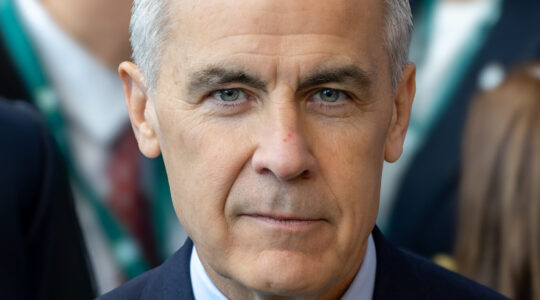The workplace has become a battleground for free speech with organisations caught between employee rights to have a political opinion and sensitivity around controversial views.
This is prompting some employers to set tighter rules for their people and pursue “radical blandness” to keep controversial views in check.
McCullough Robertson Lawyers Workplace Relations Partner Kate Peterson said there had been a “big uptick” in disputes over what opinions employees could express publicly.
“Part of the trend comes from shifting expectations of citizenship at work. There’s a sense in recent years that you are encouraged to come to work as your ‘whole self’, and all that that entails,” she said.
“This is seen as a positive thing, but it also brings difference, debates and frictions into the workplace, which might leave the employer grappling with the grievances of employees who feel alienated or deeply offended by the expression of views that they do not align with.
“At work you are protected from adverse treatment due to your political opinion but that can become a very thorny, provocative kind of terrain.”
Ms Peterson said even though there were protections for employees to have political opinions, the concept of “political opinion” was not defined in legislation and there were relatively few cases that established a clear definition, meaning the issue tended to be dealt with “unevenly” across workplaces.
“With universities, for example, where academic freedom is a fundamental principle, entitlement to an opinion and to engage with public debate can be seen as the lifeblood of the institution. There seems to be greater readiness from employees in that space to fight attempts to restrict speech.
“However, in areas like the public service there is a long-settled idea that impartiality is cardinal.
“There are also issues in regulated professions like health care and even law where there is professional oversight of what you do as well as from your employer.”
Adding to the issues is the proliferation of social media and the fact that controversial opinions published online can be searchable forever.
“Before social media you could go to a political party meeting in your own time or have a provocative conversation at the pub and it was unlikely to become visible at work,” Ms Peterson said.
“Now employers have to reconcile employee opinions that might be highly visible and balance how much previous opinions are relevant to their current employment.”
Ms Peterson said there was a trend towards employees seeking injunctions to stop a termination based on expressing an opinion.
“There’s also a lot going on under the radar in quiet conversations aimed at curbing people’s behaviour and trying to resolve an issue and get back into a neutral terrain,” she said.
Ms Peterson said the escalation of disputes in this area meant some employers were pressing for “radical blandness” where everyone was expected to be neutral all time.
This was, however, in tension with the notion of bringing your whole self and identity to work.
Some workplaces had also muddied the waters by expressing strong organisational views on certain public issues like the First Nations Voice to Parliament.
At the same time, these same employers might push towards tighter guardrails and greater discipline around what their employees could say.
“The other reason it is heating up is because there are constant collisions in all of this. Political opinions can very readily cut across matters of culture, identity, gender, which are themselves protected at law, Ms Peterson said.
“If my political opinion is something that causes psychological stress and harm to other people, the organisation I work with has got to reconcile that in some way because, as well as the legal protections afforded to political opinion, the employer also has to consider its duties to take reasonable steps to ensure the health and safety of its employees.
“This is such a fluid area I think there’ll continue to be these collisions and challenges for organisations for some time.”









